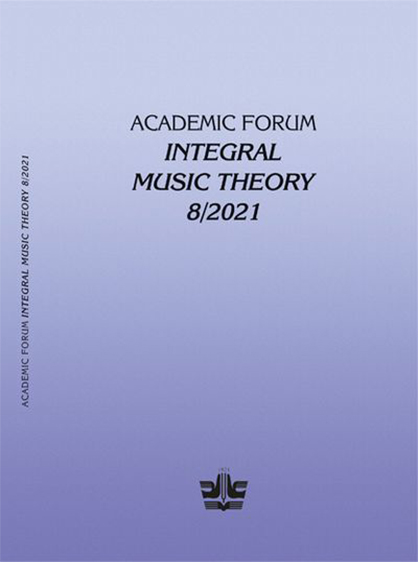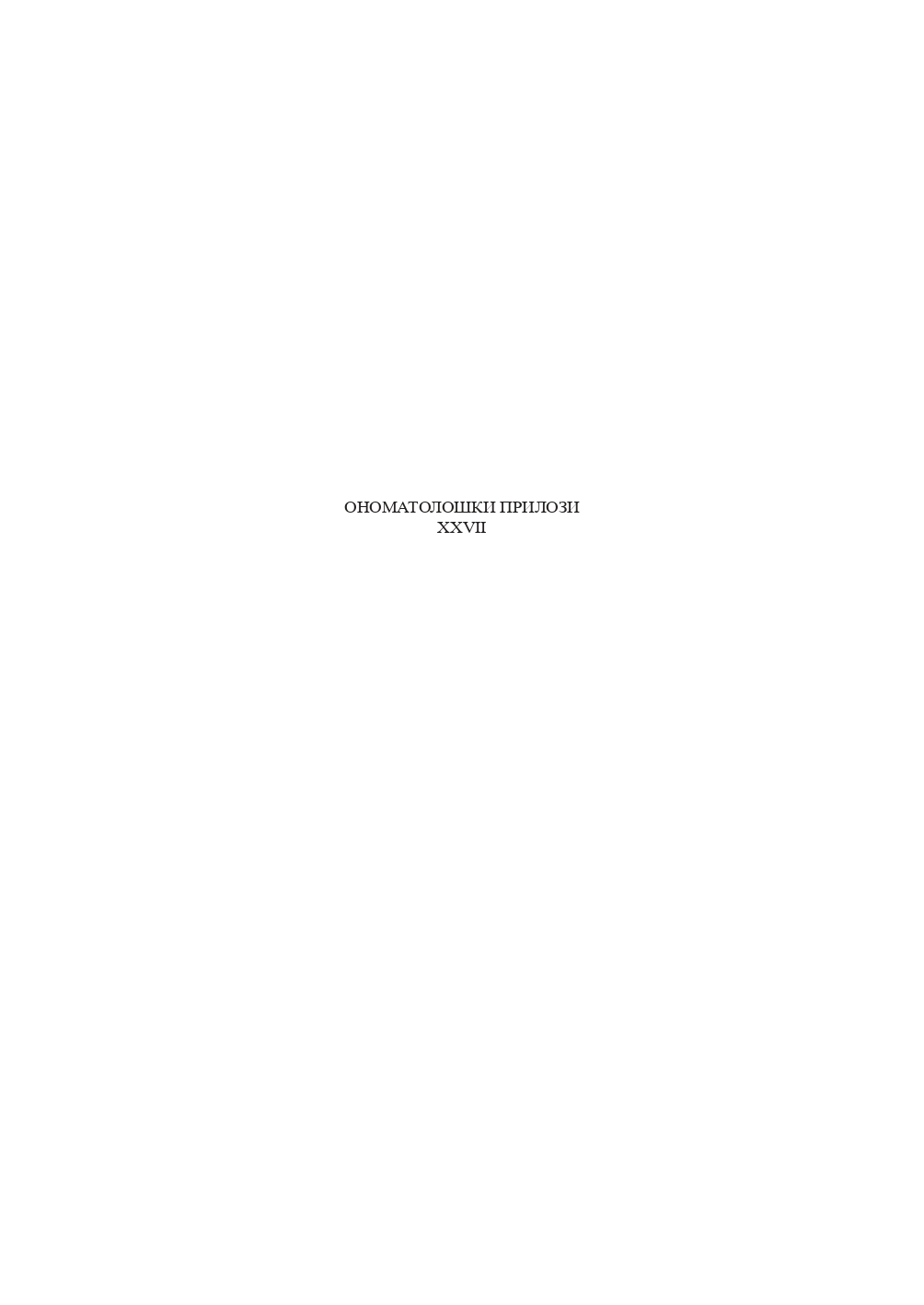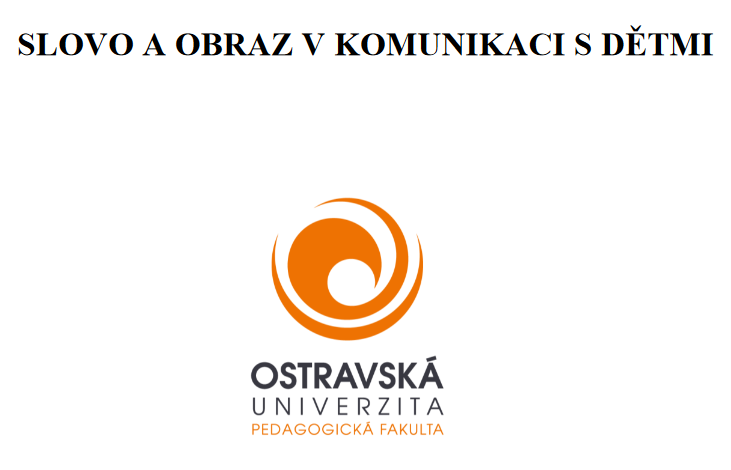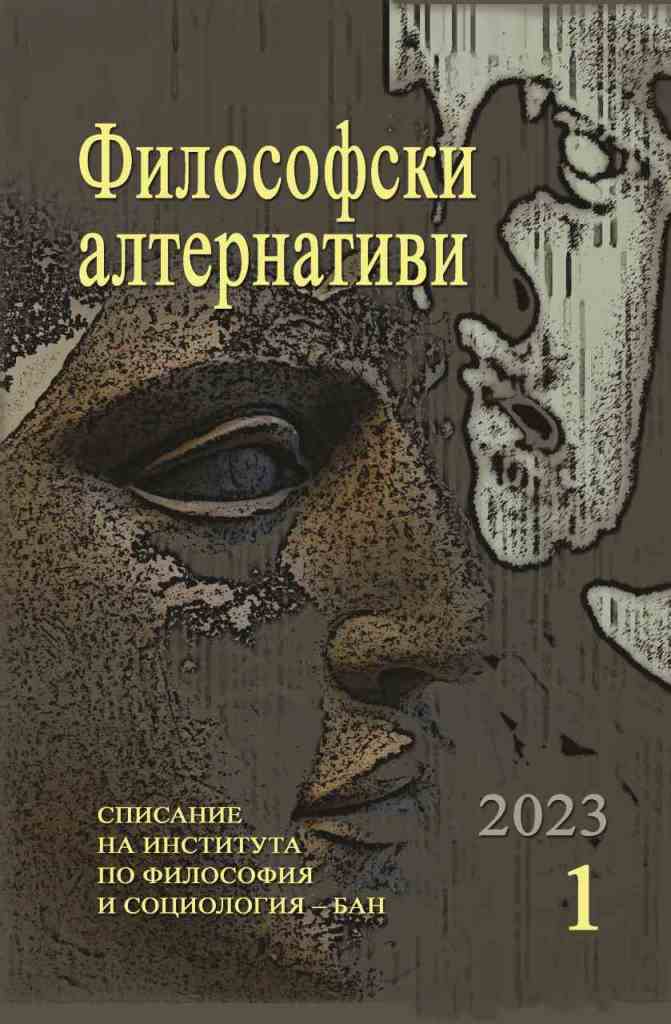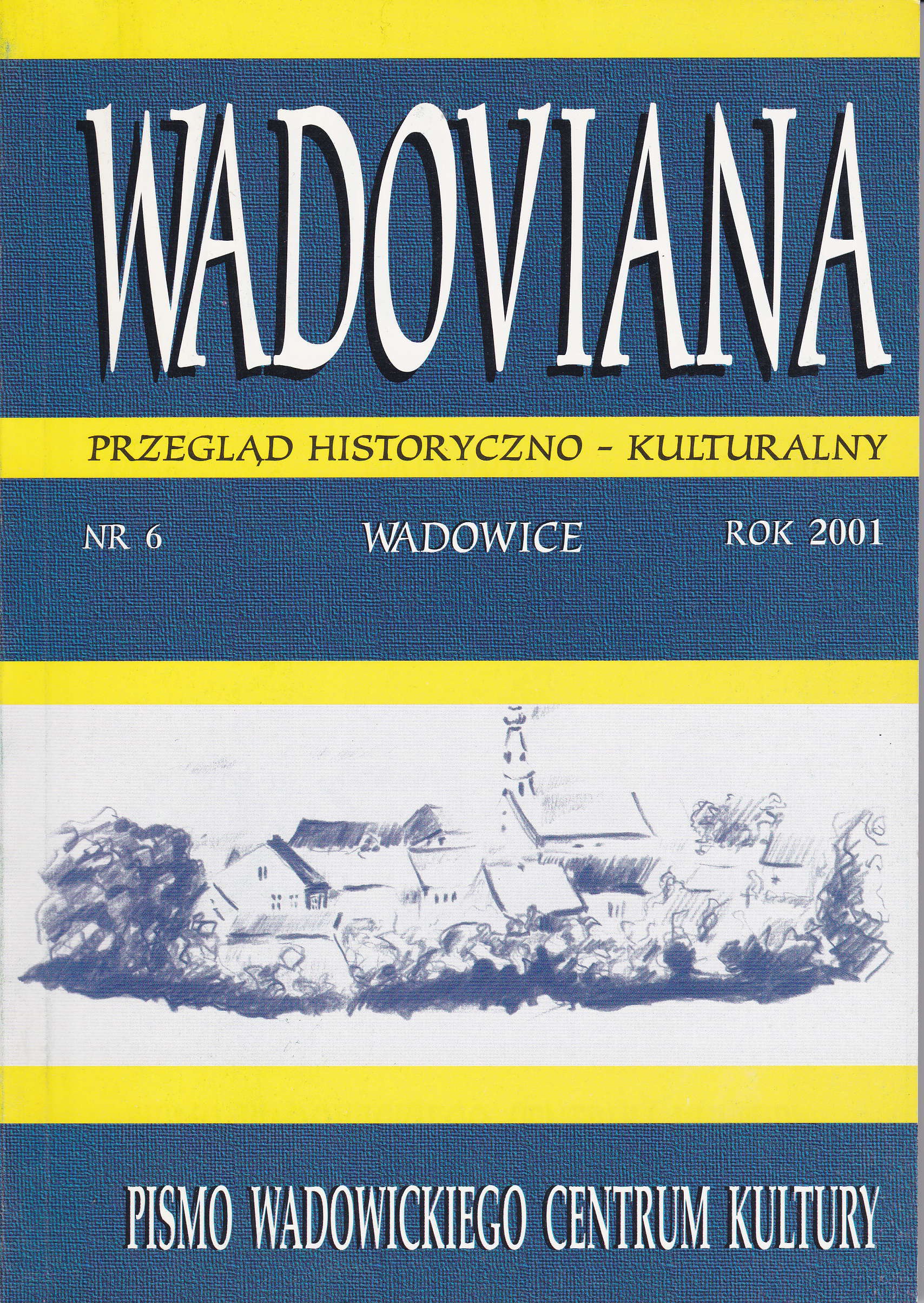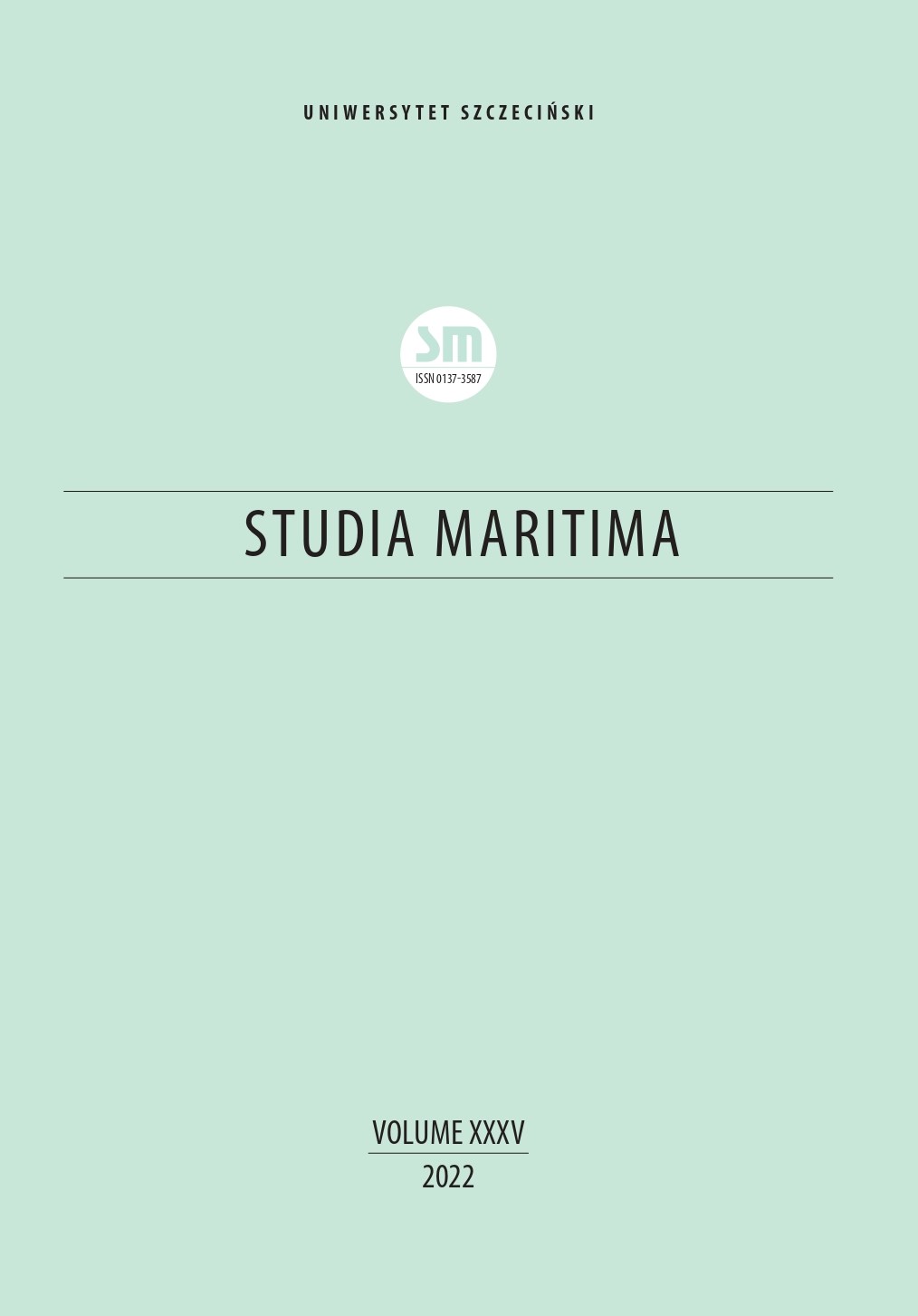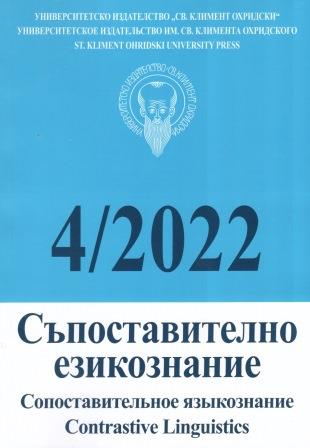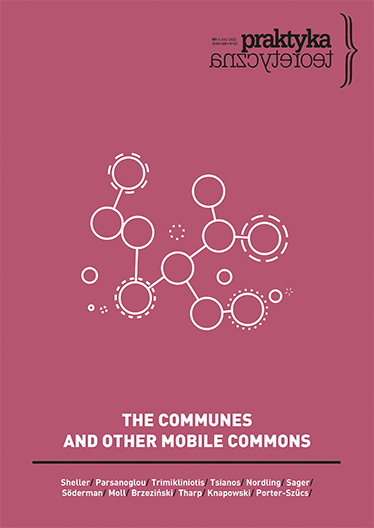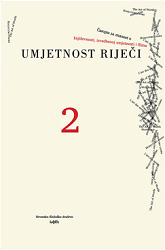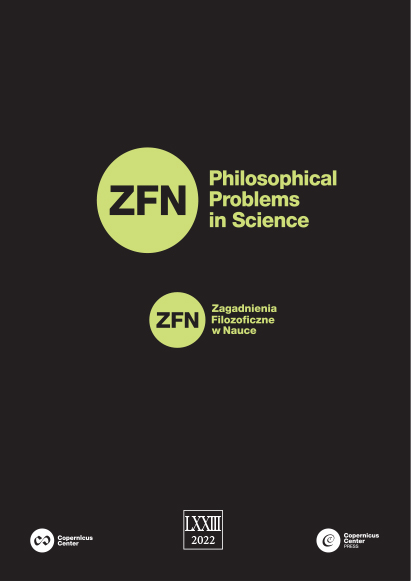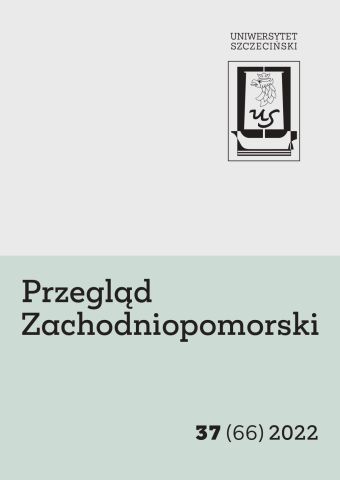Author(s): Maria Camelia Zavarache ,Gabriela Dristaru,Radu Tudorancea,Cristian Vasile,Simion Gheorghiu / Language(s): Romanian
Issue: 21/2022
Review of:
Lux, modă şi alte bagatele politiceşti în Europa de Sud-Est în secolele XVI-XIX, Constanţa Vintilă, Giulia Calvi, Maria Pakucs-Willcocks, Nicoleta Roman, Michał Wasiucionek, Bucureşti, Editura Humanitas, 2021, 431 p.
Stelian Tănase, Povestea unui terorist. Haos&Anarhie, Bucureşti, Editura Omnium, 2022, 300 p.
Stejărel Olaru, Maria Tănase Artista, omul, legenda, Bucureşti, Editura Corint, 2019, 346 p.
R.G. Waldeck, Athénée Palace, Editura Humanitas, Bucureşti, 2022 (ediţie nouă), 334 p.
O vecinătate dificilă. Relaţiile româno-ruse/sovietice 1914-1965, coordonator Radu Tudorancea, Târgovişte, Editura Cetatea de Scaun, 2021, 227 p.
Eddie Jaku, Cel mai fericit om de pe Pământ, Editura Trei, Bucureşti, 2022, 171 p.
Artiste uitate din România: cercetări şi studii despre contribuţia femeilor la istoria artei româneşti, Cosmin Nasui (editor coordonator), Voluntari, Postmodernism Museum, 2021, 271 p.
Ai Weiwei, 1000 de ani de bucurii şi dureri, Editura Trei, Bucureşti, 2022, 375 p.
Călin Hentea, România. Album de istorie comunistă, 1948-1989, cuvânt înainte de Adrian Cioroianu, Cluj Napoca, Editura Mega, 2021, 198 p.
Margaret MacMillan, Războiul. Cum ne-au modelat conflictele, Bucureşti, Editura Trei, 2022, 303 p.
Orlando Figes, The story of Russia, London, Bloomsbury, 2022, 348 p.
Vasile Buga, Pe muchie de cuţit. Relaţiile româno-sovietice. 1965-1989, ediţia a II-a revăzută şi adăugită, Bucureşti, Editura Institutului Naţional pentru Studiul Totalitarismului, 2022, 538 p.
More...
